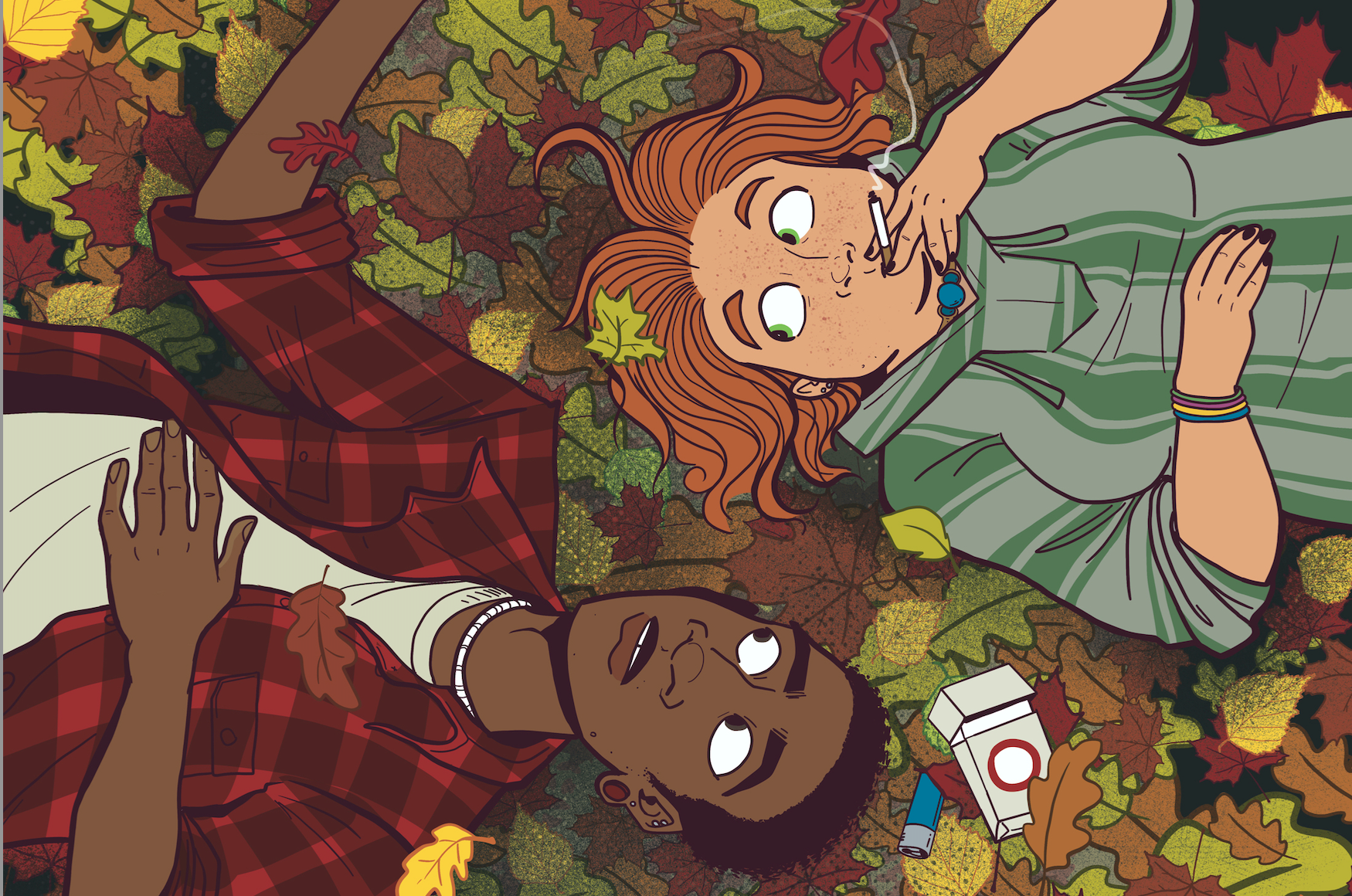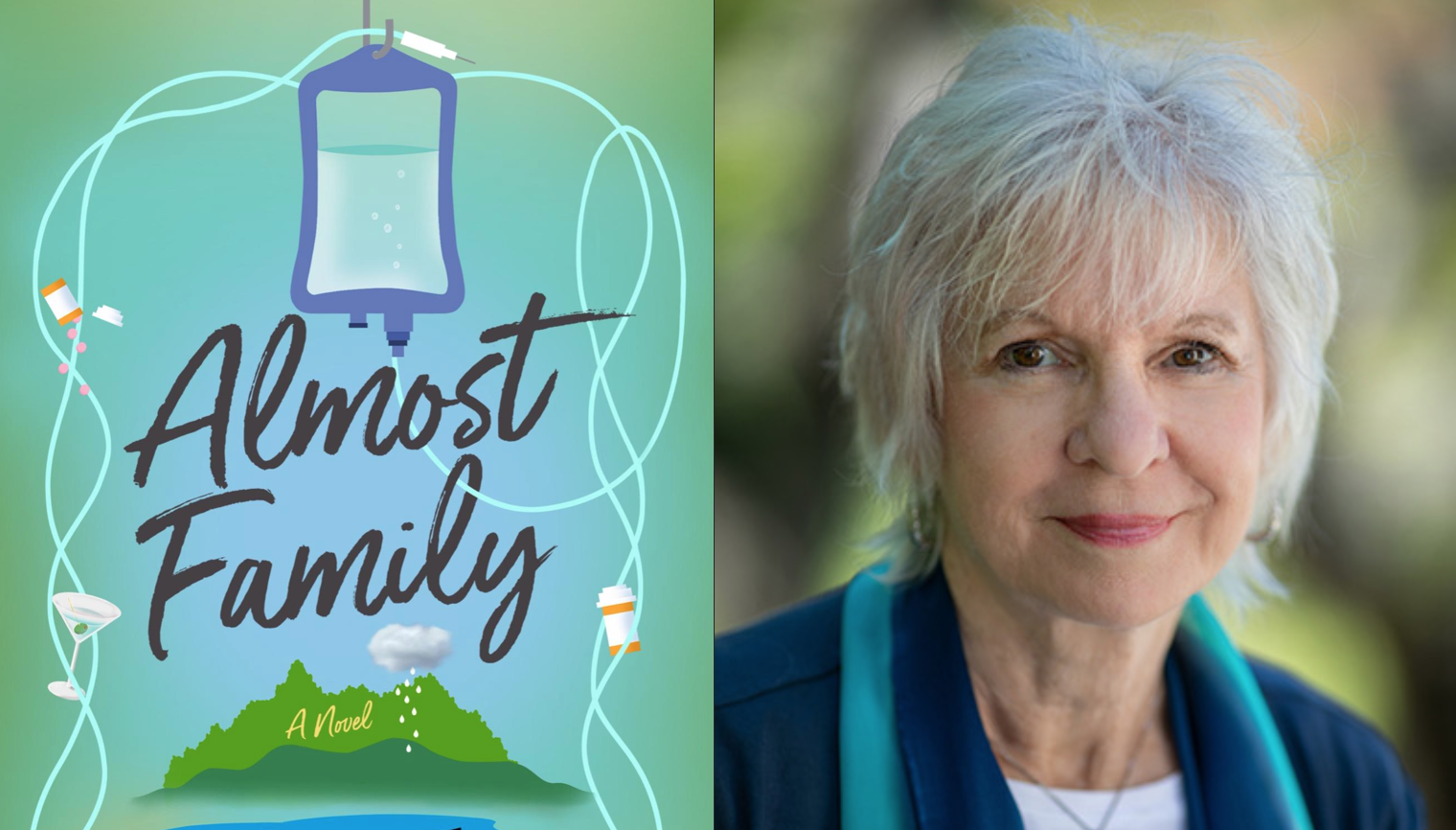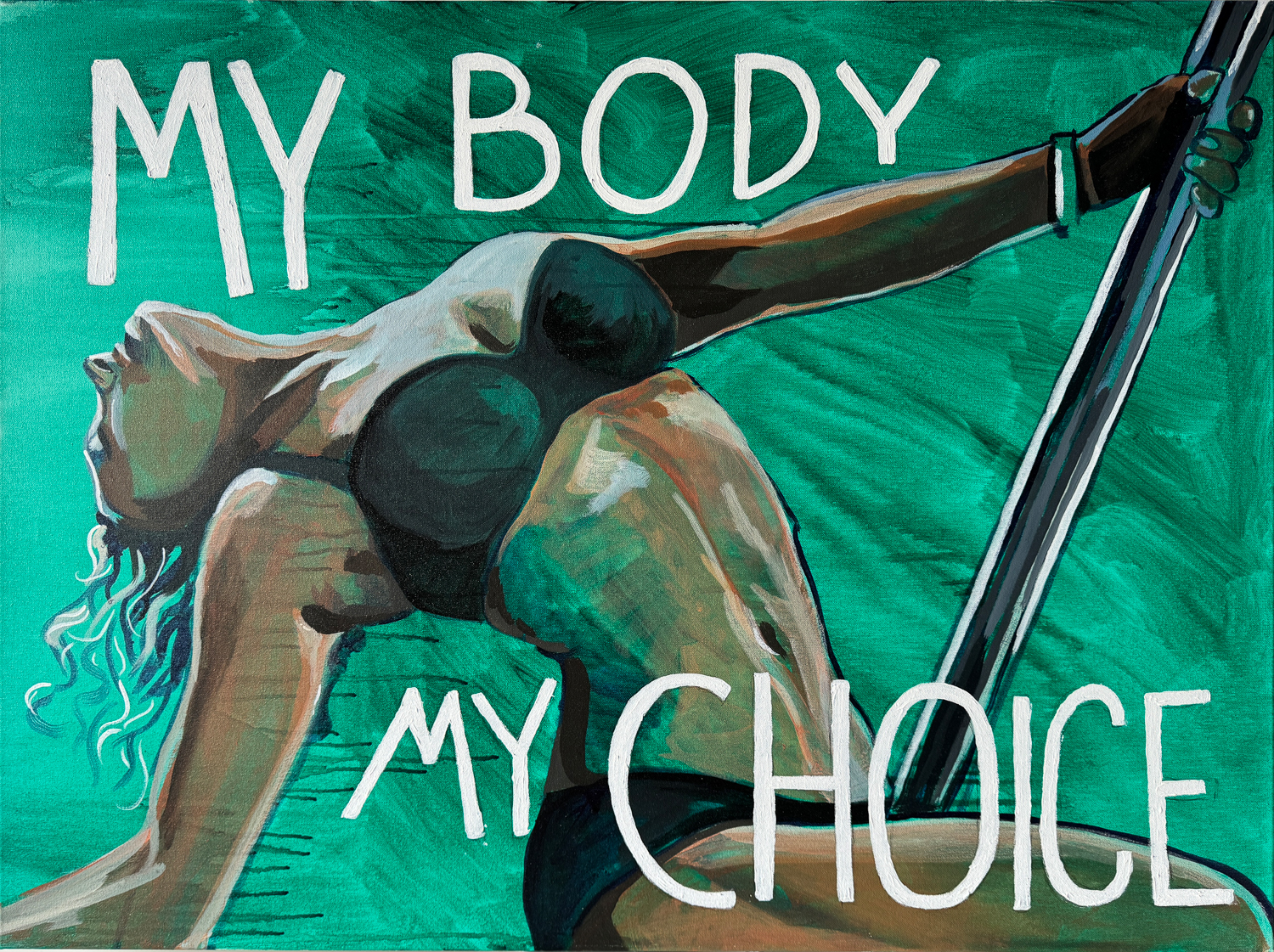
In an era of #MeToo, and the ensuing conversations, author Heather Martin’s new novel ‘Fuchsia Parade: One Woman’s Quest For Sex, Love and Redemption’ reads like a story that could easily be the background of a real news headline. With some unlikely names and celebrities opening up about their experiences with assault, abuse as well as the long-standing and complex trauma that often accompanies these experiences, Heather’s main character Kailee Johnson is that type of woman.
We first get to know Kailee through her first-person introductory narration, where we quickly assume she is a badass #bossbabe who has a successful career running rings around the men she works with in her male-dominated industry (construction). She makes money – a lot of it – and isn’t afraid to own that she has worked damn hard to get where she is and enjoys spending that cash.
She is the type of central female character that great feminist novels are made of – complicated, flawed, badass, powerful, yet tender and compassionate upon further reveal through layers of story. Within the first few chapters of ‘Fuchsia Parade’, we come to know Kailee as a heavy drinker, hard partying woman, well-connected socialite, and someone who has the type of self-confidence we all wish was instilled into us growing up as girls.
Kailee also has a voracious appetite for men, and a seemingly intense dislike for relationships or getting too close to any individual man. We assume she has taken on the persona of the “think like a boss, act like a man” mantra in order to become a successful executive who is known throughout the New Jersey and New York area for securing multi-million dollar construction contracts.

But what gets revealed to us as the story unfolds is that this persona is a cover, one even Kailee herself didn’t understand until an unexpected death in the family brings her face-to-face with childhood trauma that had been buried deep in her subconscious.
“Because I didn’t have a conscious memory of being abused as a child, I struggled a lot as an adult to understand my own behavior. And as I wrote ‘Fuchsia Parade’, I imagined that many other women had repressed or blacked out memories of abuse because they were too painful to process. Through the novel, I wanted to show other women who are struggling that they are not alone, that despite the mess and shame and fear, healing is possible, and there is hope for a better life on the other side of trauma,” she said.

The content of this novel may certainly be a trigger point for those who have experienced abuse, as many of the scenarios Kailee goes through are very confronting, even for people who don’t have a personal association with abuse. This book is raw and Kaileevdoesn’t hold back providing graphic details of her life, the resulting shame and confusion she suffers through in a deep way.
We as a society need more of a collective understanding just how deeply trauma can play out in a person’s life, and how the people closest to us could be those who are hurting the most. It can take women thirty, forty or even more years of life to begin to process what happened to them. Heather says the reason for this choice of direction in her writing was on purpose, and speaks to her message behind the story.
“I want women to know that shame is integral to being abused sexually and they are not alone in experiencing it, but we can begin to live more conscious lives and unravel shame over time by healing ourselves. ‘Fuchsia Parade’ is about saying to women who’ve been abused, ‘it is absolutely worth fighting for the quality of your life, your sexuality, your body and your peace of mind, no matter what age you are’,” she said.
Kailee is a woman who thinks she is in control of her sexual choices and her feelings, but as she unravels more about her past during therapy sessions, she realizes that her behavior was a direct manifest of the abuse from her childhood, and the ingrained way she was taught to think about men. Heather is candid about admitting this is a storyline from her own life, and how writing about it played a part in helping her heal.

“Growing up, I didn’t know what had happened to me, but I had a feeling something wasn’t right about my behavior. Why was I promiscuous? Why did I cater to the needs of men and lack boundaries? Like many traumatized women, I had splintered into different personalities, an overly-sexualized party girl, and a very serious businesswoman. How did I reconcile the two and understand why they existed in my life? This is the story I wanted to explore in ‘Fuchsia Parade’. Was healing possible, and if so, what did it look like? And I knew from my own experience, which informed the writing of this book, that yes, healing is absolutely possible. If other women could be given a blueprint for healing, they might have greater hope to heal themselves,” she says.
‘Fuchsia Parade’ is out now on Amazon, and it’s fast-paced chapters allow the reader to go on an emotional, heartbreaking, but also triumphant journey with Kailee, and perhaps also in empathy with the author herself knowing how personal this story was to her own life.
It is a courageous book that bares all, a young woman’s search for wholeness when she realizes “me too.” It’s as though you have been given permission to read Kailee’s personal diary, with all its graphic details. She spares nothing, not even her own moments of shame and terror, to share her road map for personal healing after surviving childhood sexual abuse. Buy this book today, you will not be disappointed.

















